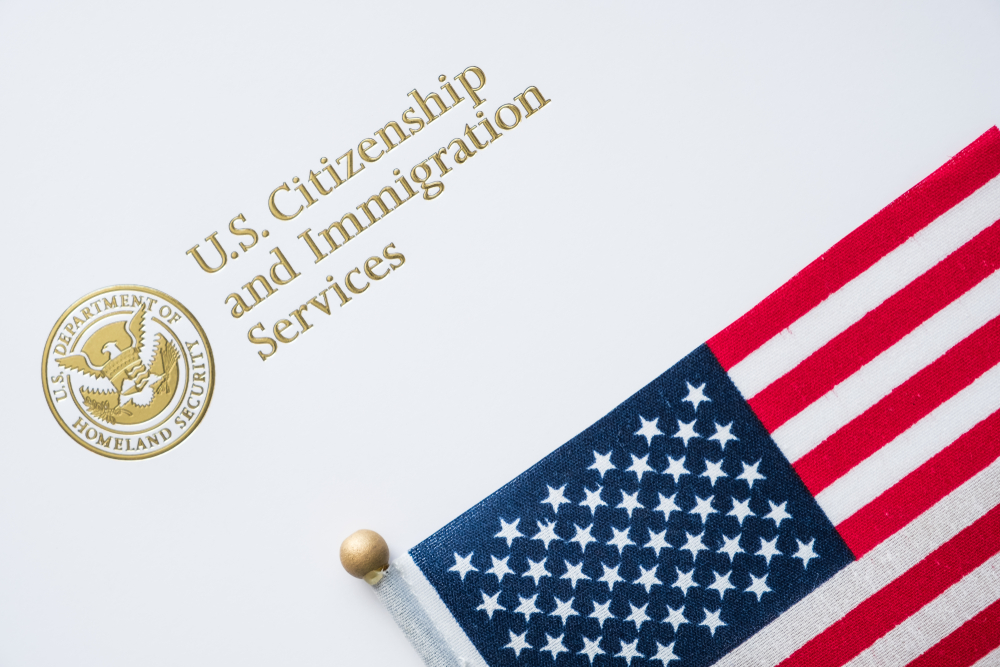To Be Or Not To Be: A United States Citizen?
Once upon a time, being born or becoming a U.S. citizen was the gold standard of citizenships, worldwide. The lure of the American Dream drove millions the world over to acquire the coveted U.S. passport for voting, travelling abroad relatively freely, migrating other family, holding elective offices and living in relative peace, stability and abundance. However, beginning with the 21st century, outbound and global migration began for U.S. residents and citizens alike.[1] 9/11 brought to light that the U.S. was vulnerable to terrorism. Increased enforcement and decreased immigration by the best and brightest, an increasingly polarised political system and major change to tax laws have resulted in the highest numbers of renunciants of U.S. citizenship in U.S. history.[2] 6,705 renounced their U.S. citizenship in 2020, which was more than double the year before.[3]
Since 2010, the Foreign Account Tax Compliance Act requires Form 8938 be filed with the IRS if individuals’ foreign assets meet a minimum threshold. This may be the single biggest factor in increased renunciations, by citizens who do not wish to disclose their assets. Simultaneously, the Immigration and Nationality Act made inadmissible for the first time, individuals who renounce their citizenship to avoid U.S. taxes as well as potentially holding them criminally liable.[4] The U.S. is one of few countries to tax citizens and residents based on their worldwide income. The U.S. discourages renouncing citizenship.[5] Because they view it as a very serious decision with drastic consequences, not just to the U.S. tax base, but to the U.S. citizen who would be inadmissible until he qualified for a U.S. visa, which could be never. If he were not a citizen elsewhere, he could be rendered stateless as well, amongst other serious consequences.
Renouncing U.S. citizenship is one way to relinquish U.S. citizenship, the other ways are by action compared with the formal declaration of renunciation. A pillar to renouncing U.S. citizenship is that it entails both voluntariness[6] and intent to renounce. When either is missing, the renunciation fails. On rare occasion, the U.S. government has insisted that a person renounce. When the Department of State forces a person to renounce U.S. citizenship, they are required to restore those wrongly stripped of their citizenship and return the status as if it were never lost. Many still covet it.
The trajectory of renunciations is still growing. An enormous backlog developed due to the pandemic and worker unavailability based on quarterly publication by the IRS, by individual names.[7] However, the other side of the golden coin of U.S. citizenship remains for those who still hope for the American Dream.
Alice Yardum-Hunter, former Commissioner, Board of Legal Specialization, California State Bar practices complex immigration law. A 14-year Thomson Reuters “Super Lawyer,” she served on its Blue-Ribbon Panel. She is distinguished by Martindale Hubbell. Alice was the Chair of the L.A. County Bar Association Immigration (LACBA) Section and has served on its ExComm for more than 15 years. She edited two books for the American Immigration Lawyers Assn. and is a Congressional Liaison for them. She recently won a historic involuntary renunciation of U.S. citizen case after a 14-year long battle when she uncovered wrongdoing inside the State Department. She has delivered more than 40 talks, most recently with John Perez, former Regent of the University of California and State Assembly leader for the Southwestern Law School, Inns of Court in 2021. She has published more than 30 articles.
[1] The American Immigration Lawyers Association started its global and outbound migration division
[2] Forbes Magazine, “Renouncing U.S. Citizenship Hits All-time Record,” Robert W. Wood, Feb 7, 2021
[3] Id., “Does Renouncing U.S. Citizenship Make Sense for The Average American Abroad?” Kathleen Petticord, July 28, 2022
[4] Immigration and Nationality Act § 212(a)(10)(E)
[5] Foreign Affairs Manual, “Renunciation of U.S. Citizenship Abroad,” 7 FAM 1260, et. seq. 4-23-2021
[6] 7 FAM 1221(b), 1222(c) and 7 FAM 1261(e), 04-23-2021
[7] Federal Register, “Quarterly Publication of Individuals, Who Have Chosen to Expatriate,” 87 CFR 24639, 04/26/2022




Comments